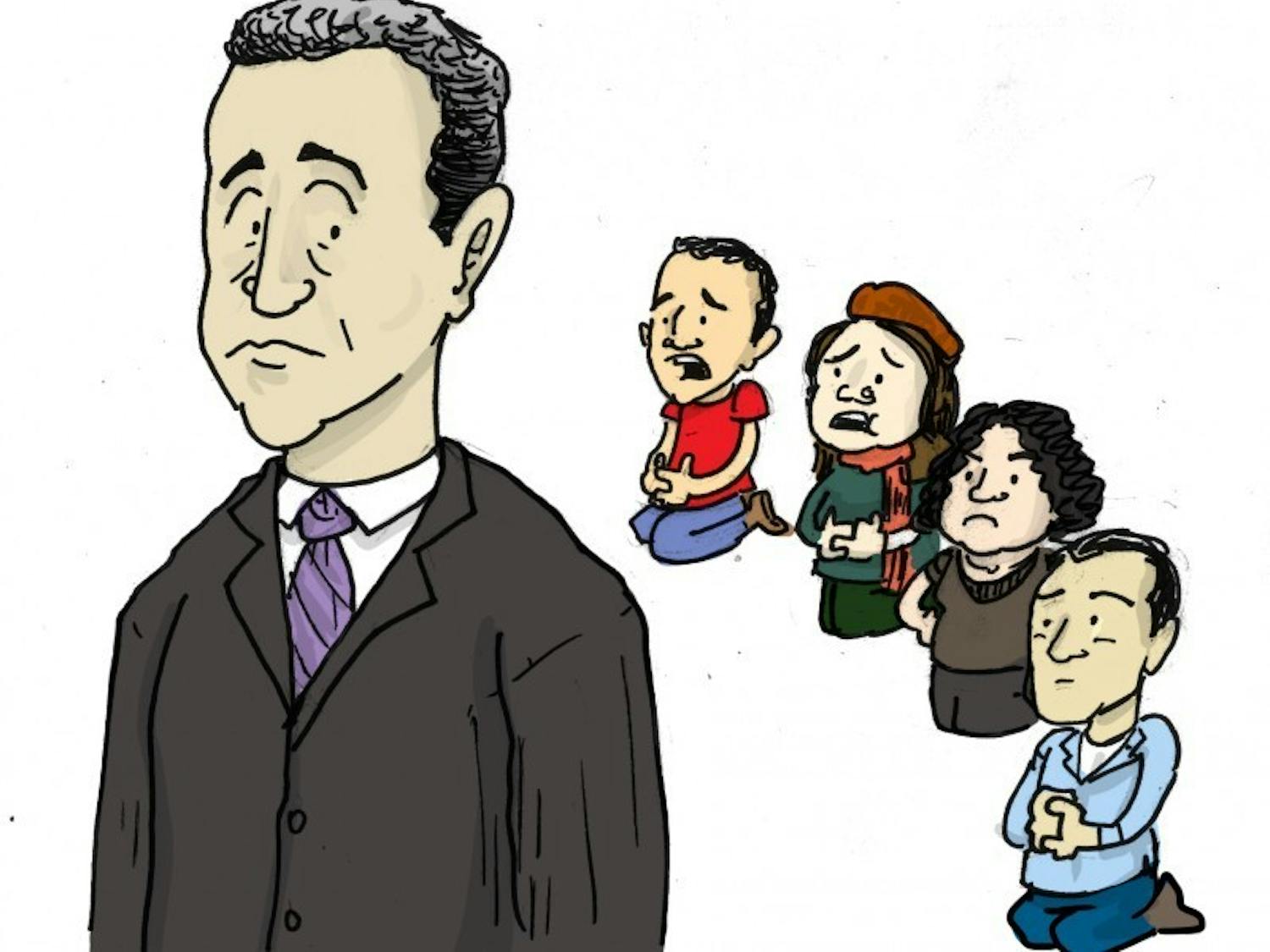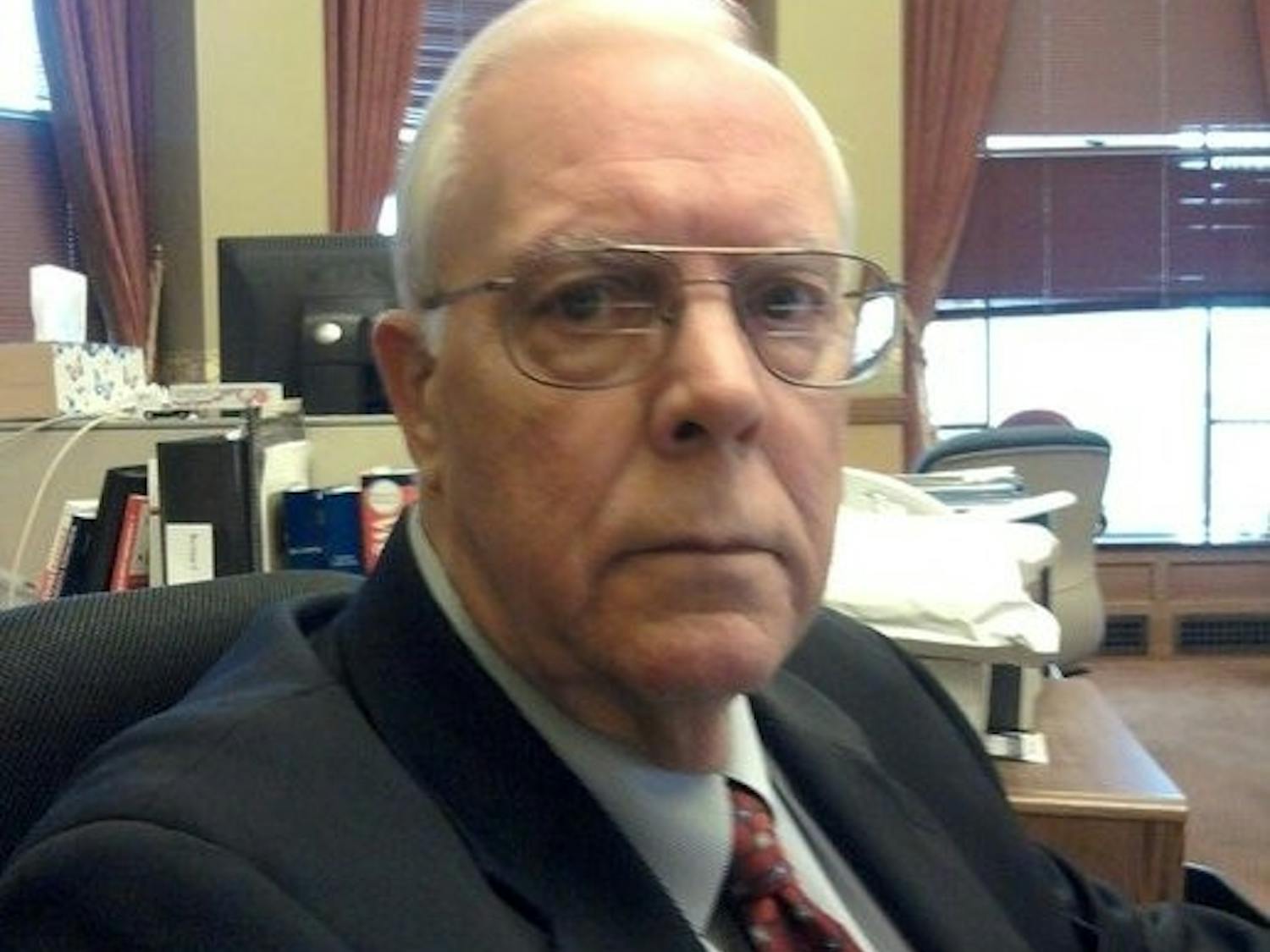Walker's economic claims misleading
By Zach Thomae | Nov. 27, 2011With the recall effort more successful than anticipated, Gov. Scott Walker has been increasingly on the defensive. In particular, Walker has had to justify the 2011 Budget Repair Bill that took away collective bargaining rights for most public workers and reduced the amount of benefits they received. Thus it is natural that Walker has been spending a lot of time promoting studies claiming that the legislation has been successful in saving jobs. At least, that’s what Scott Walker wants the numbers to say. But are the findings accurate? Unfortunately for the governor, the answer is a lot less clear than he claims.






